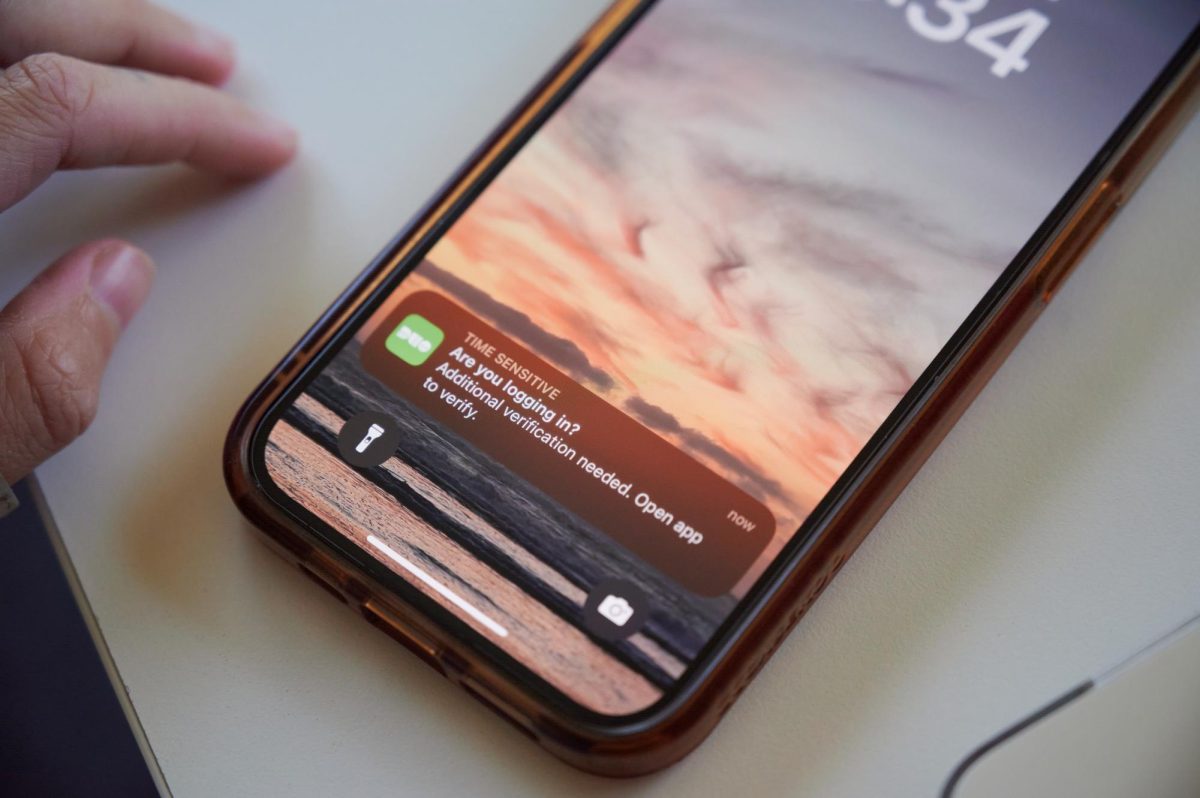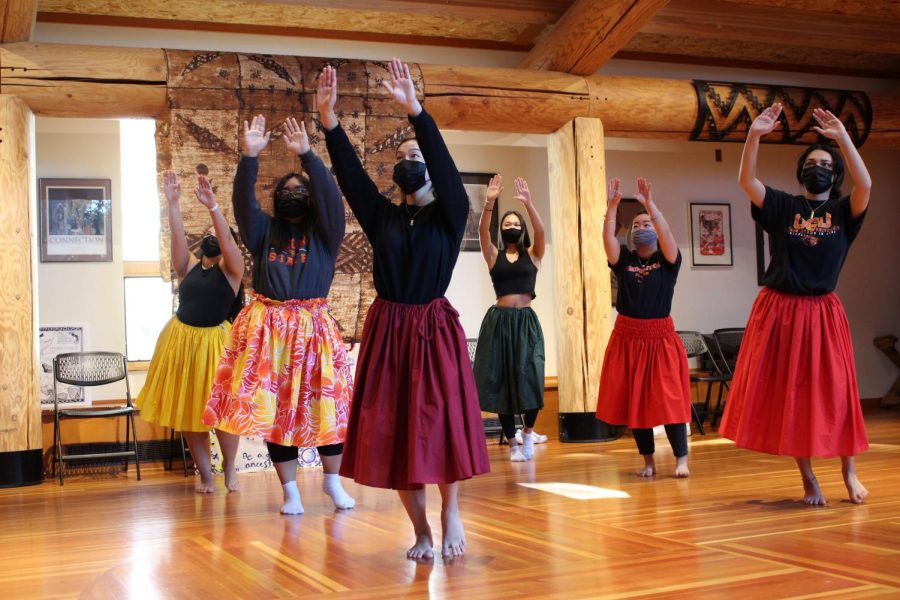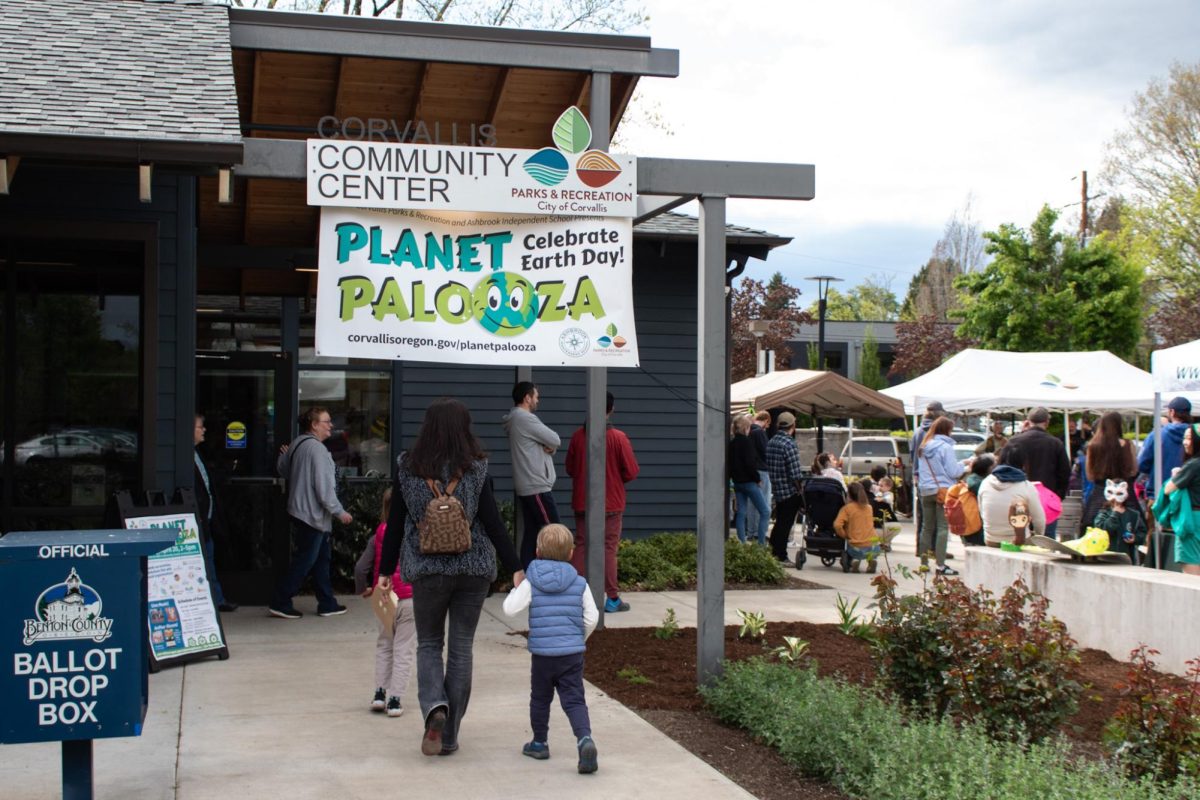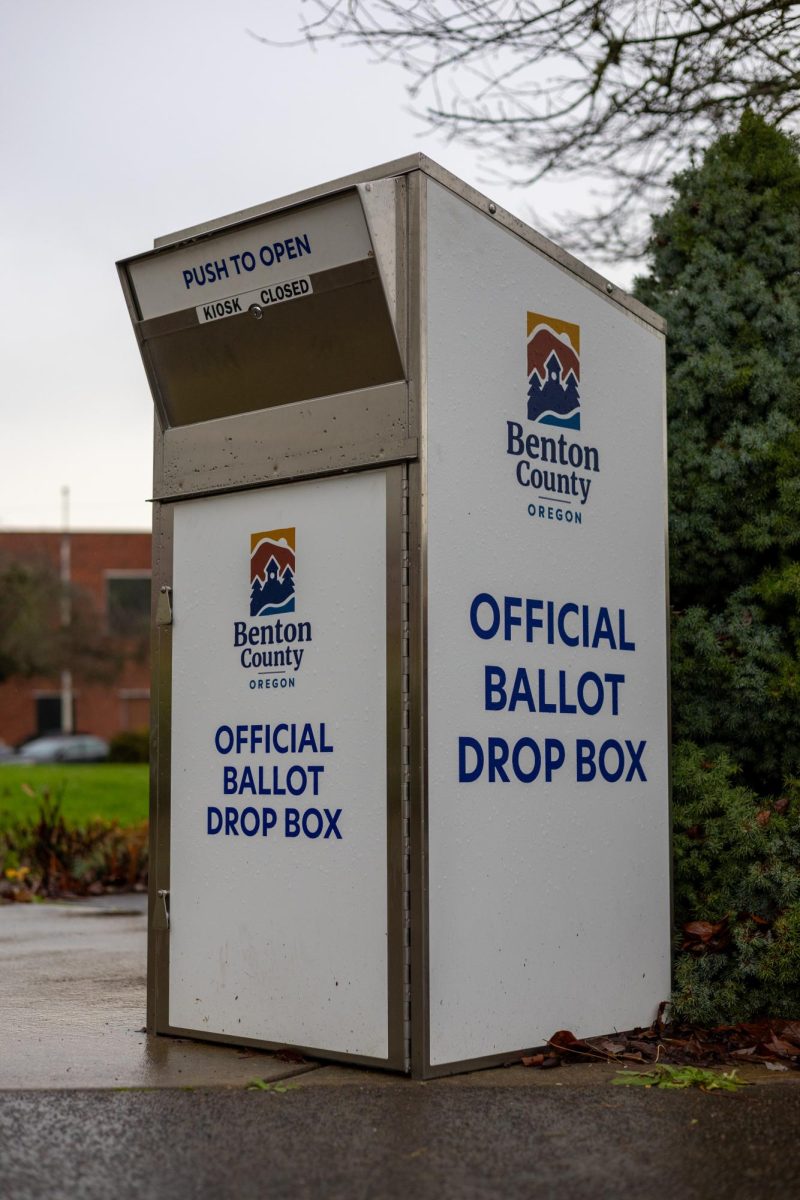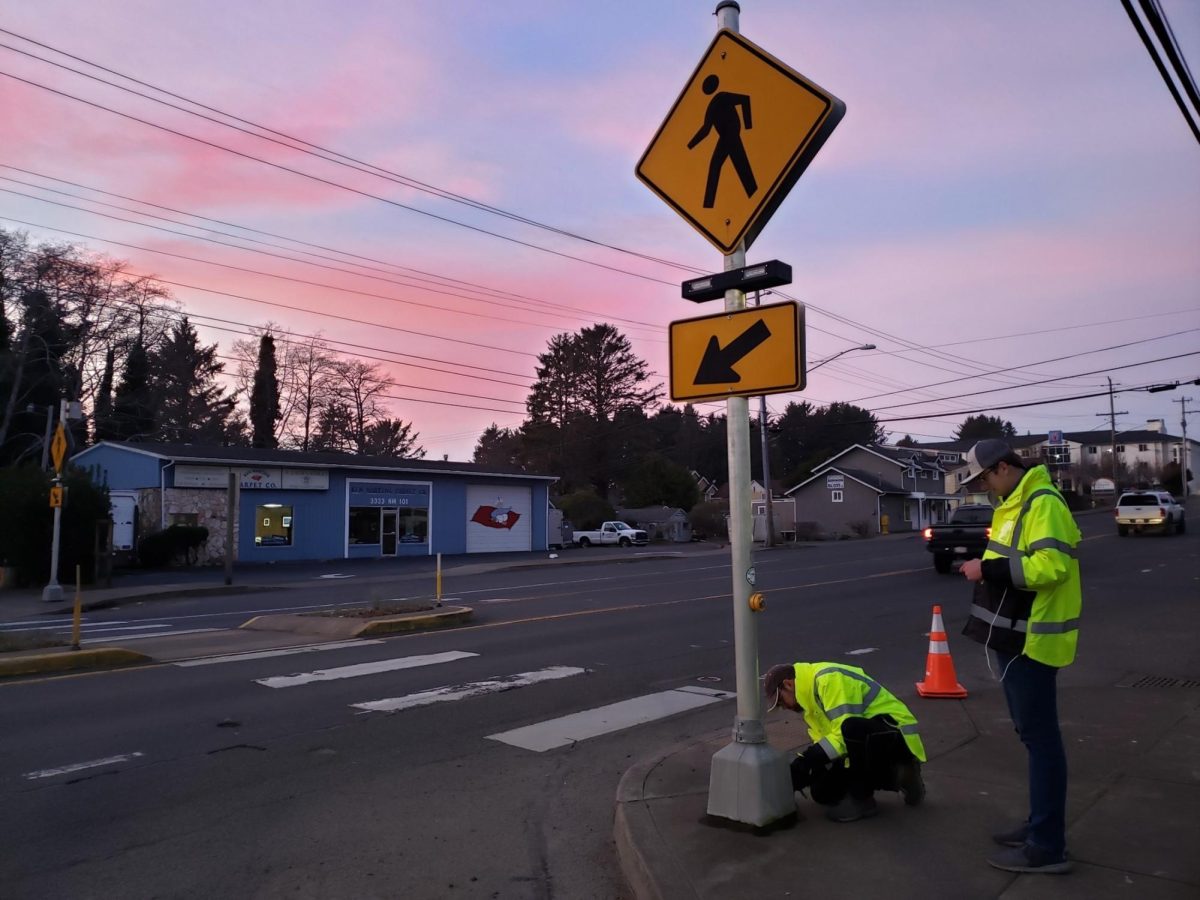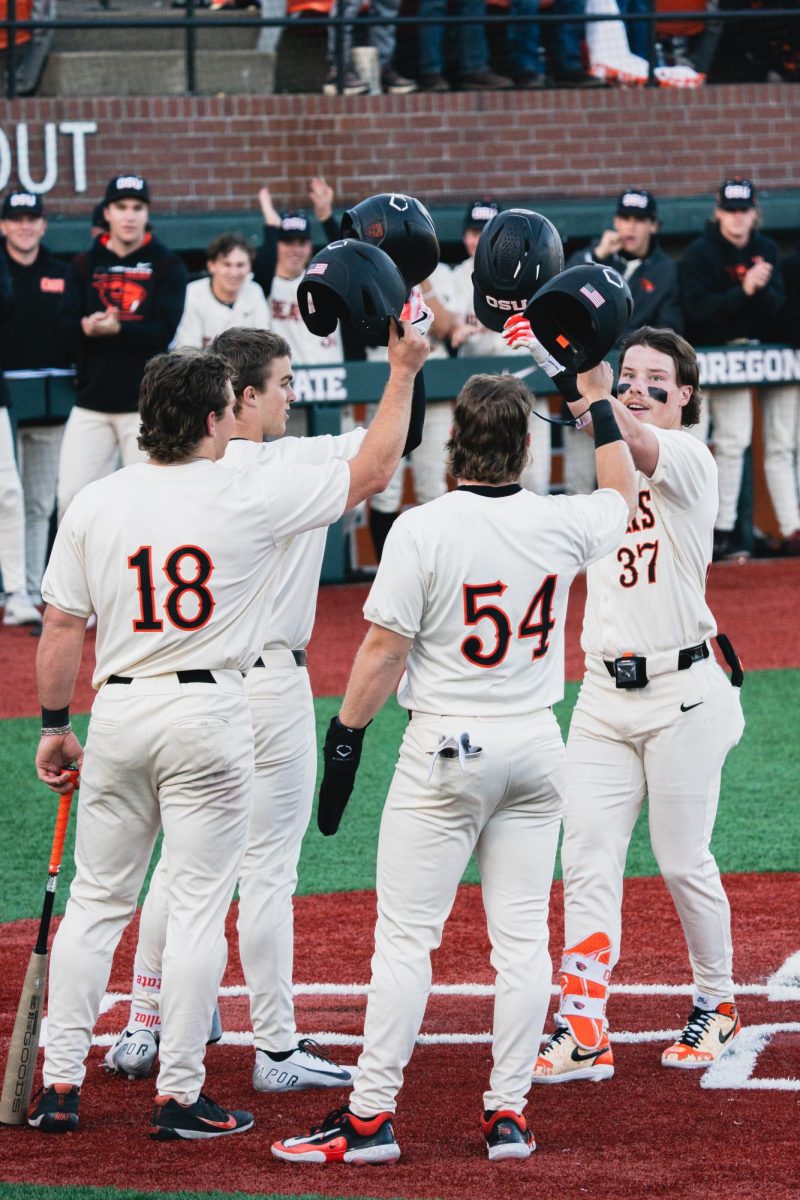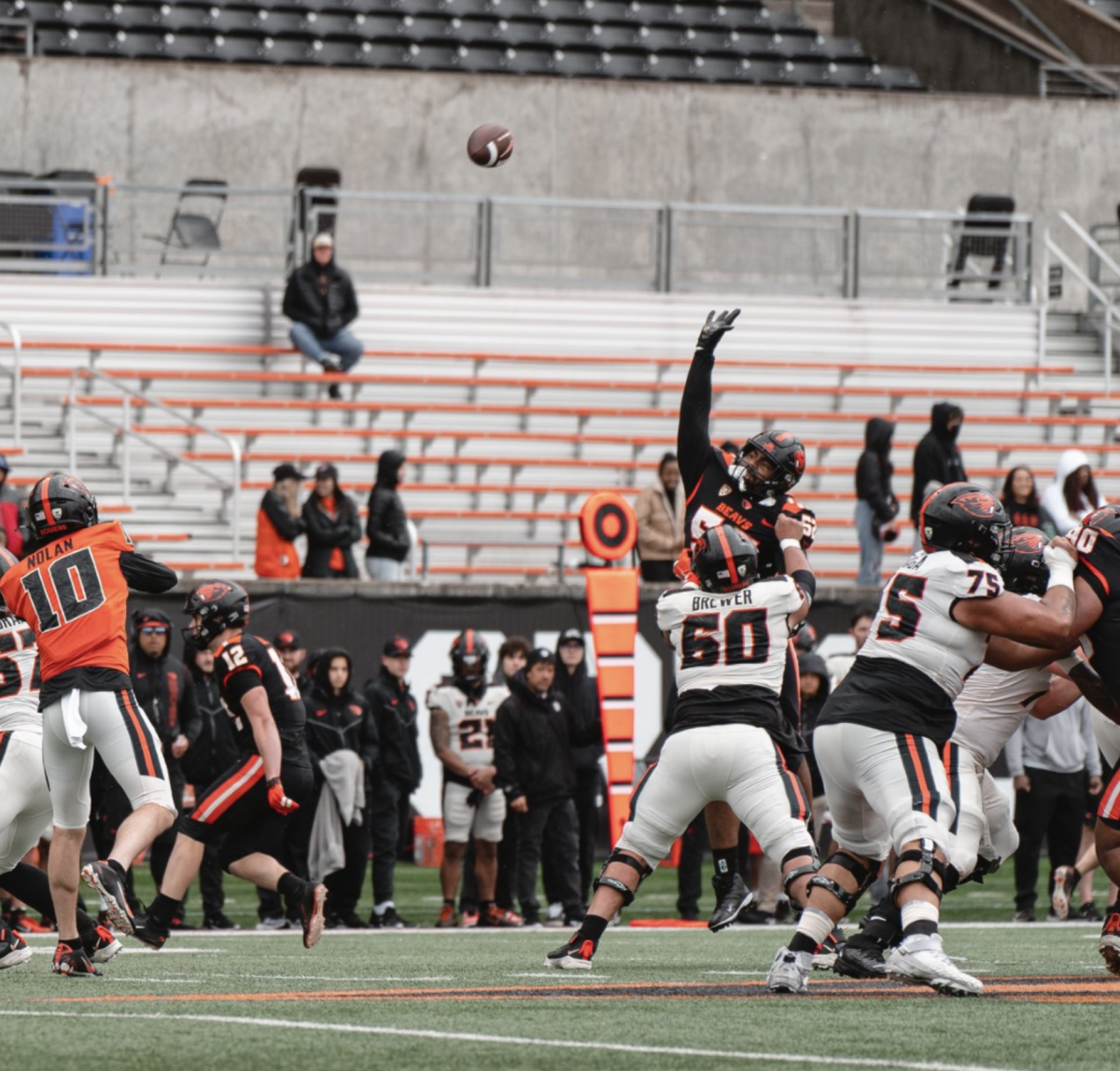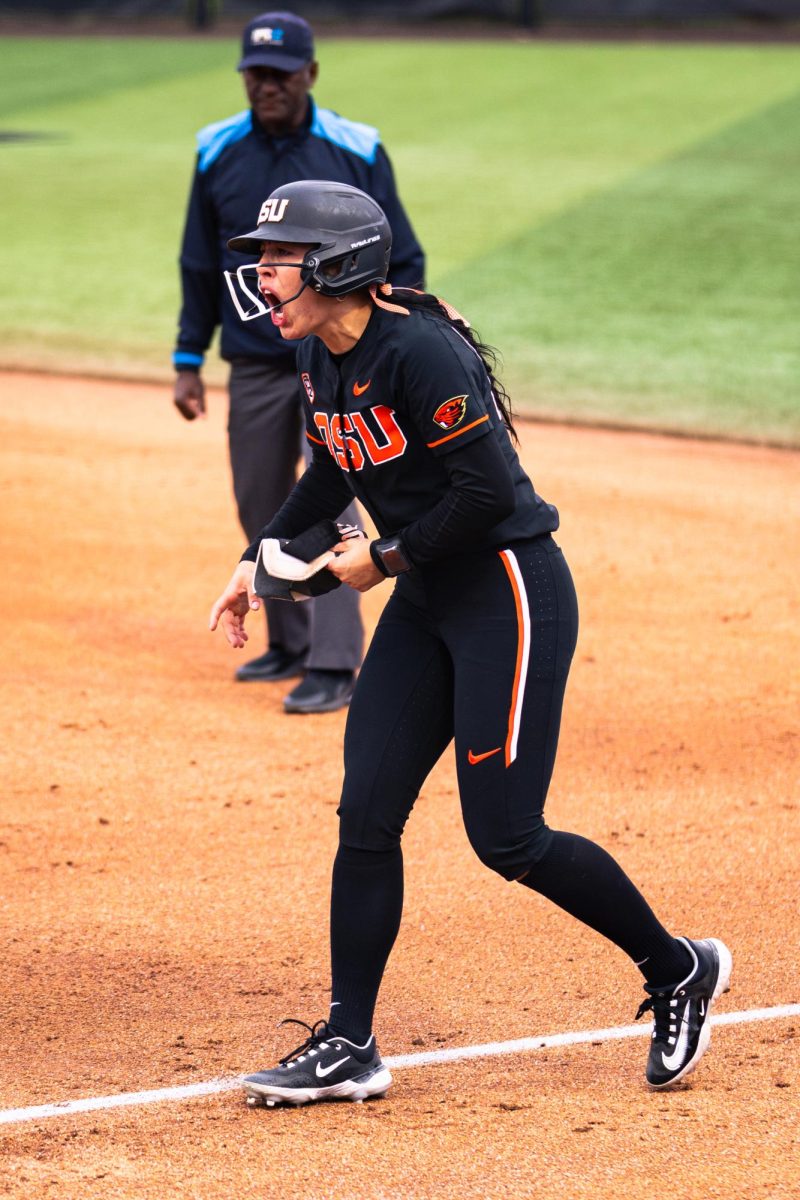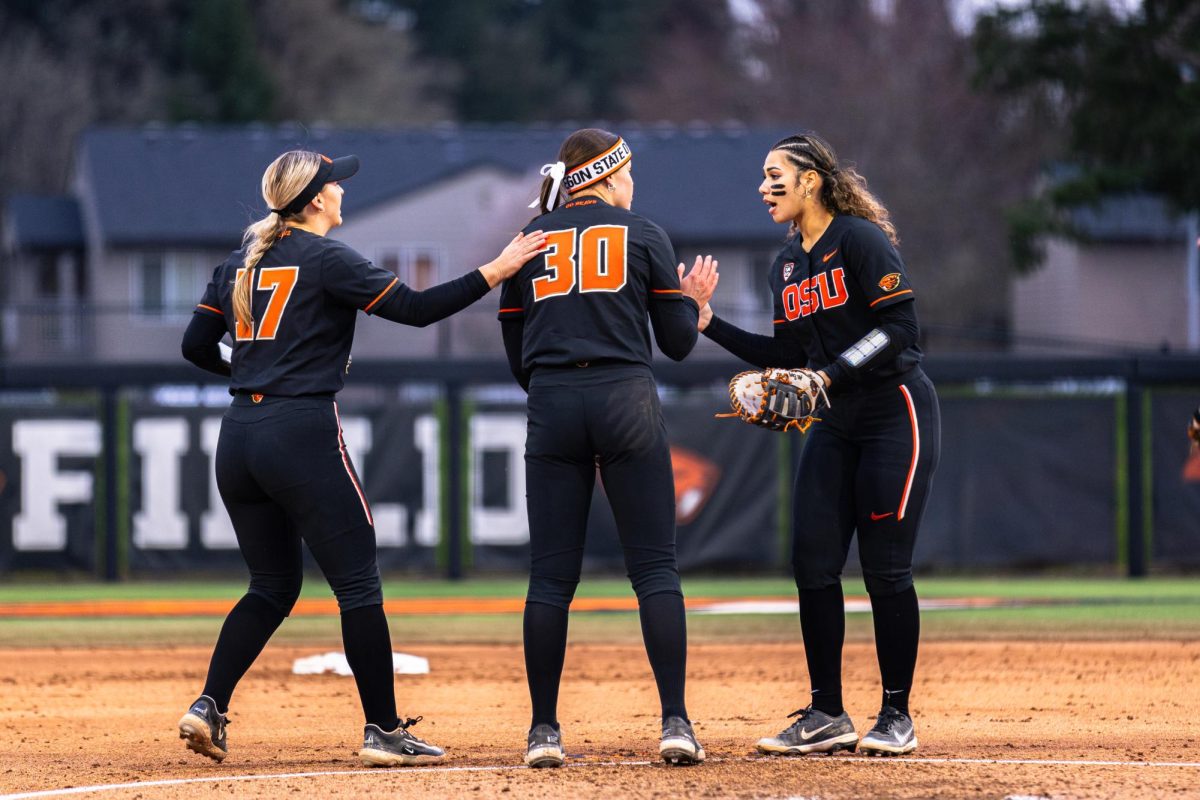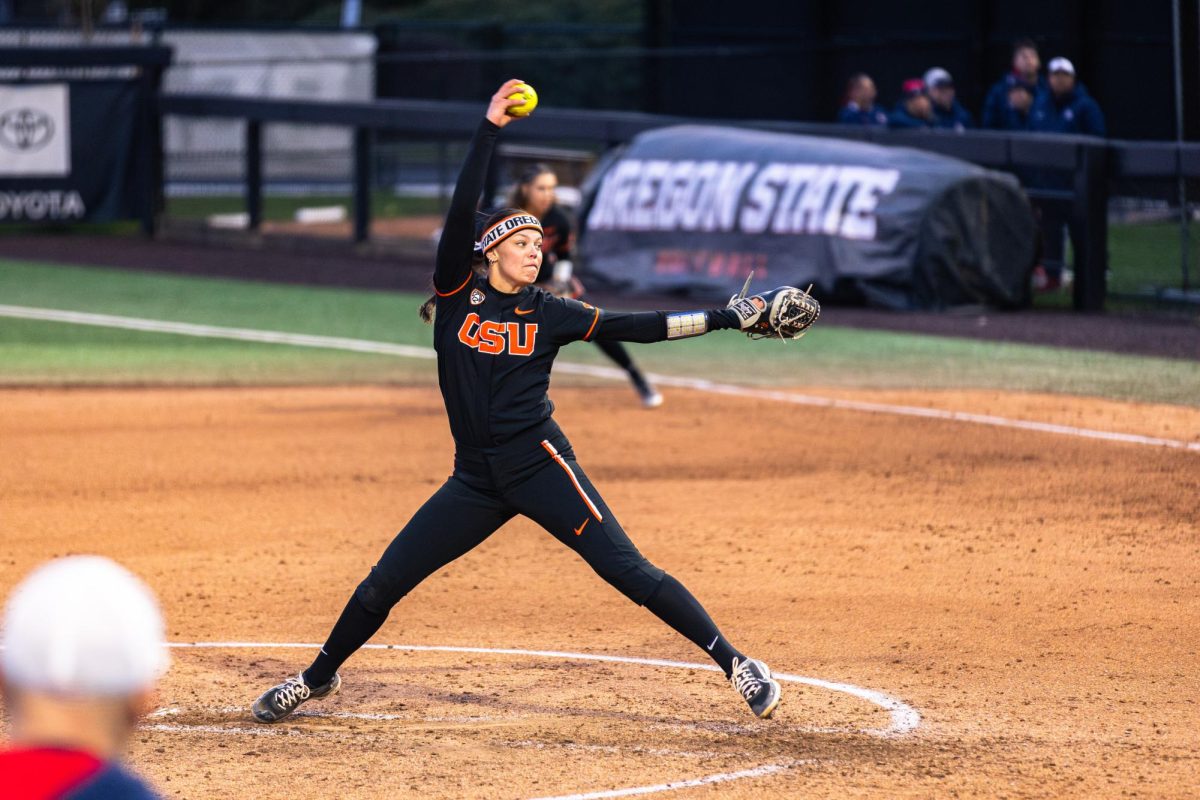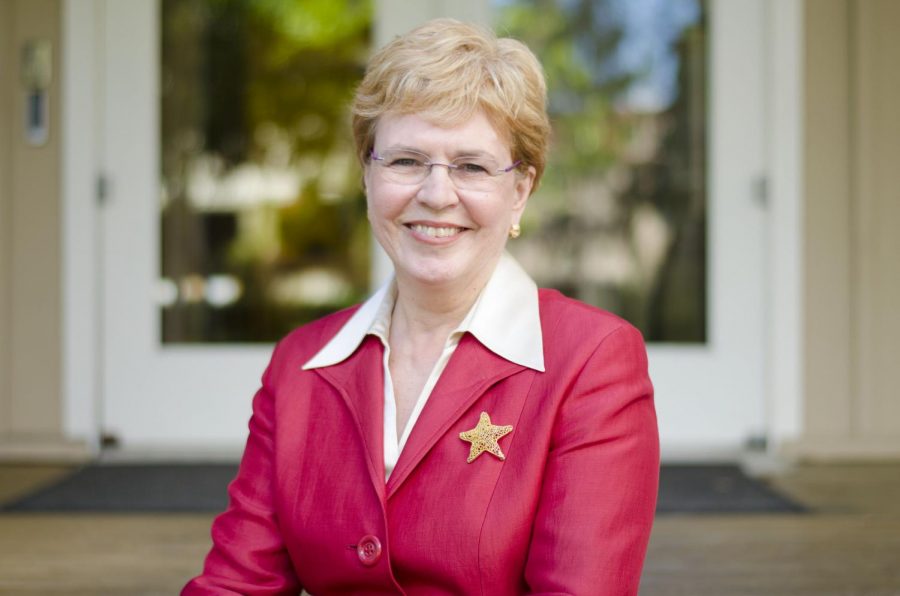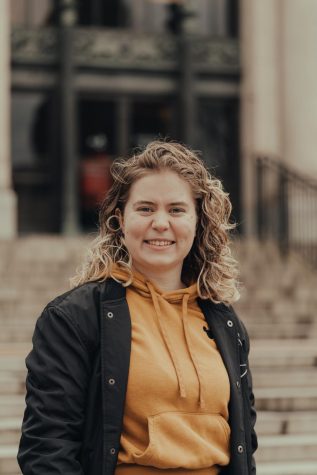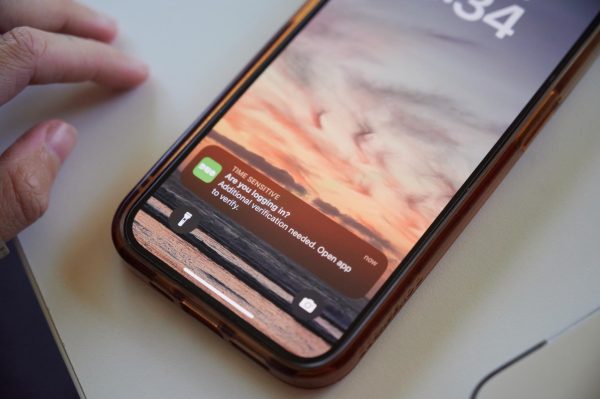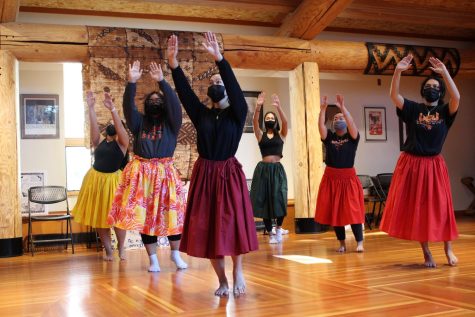OSU professor chosen for role in White House
April 18, 2021
Clarification: This story has been edited to reflect that Dr. Lubchenco is not the only leader on national climate and science at the White House, and her colleagues have been listed in the second paragraph of the story for more context.
An Oregon State University integrative biology professor, Dr. Jane Lubchenco, was chosen by the Biden-Harris administration to lead national climate and science efforts for the next four years.
Working directly with National Climate Advisor Gina McCarthy and Special Envoy John Kerry, Lubchenco will identify domestic and foreign policy climate challenges, and then draw from agencies across the federal agencies to find the best scientific solutions that will address these challenges and directly inform White House policy.
Climate change has been an increasingly popular topic in recent years, so the Biden-Harris administration has decided to focus their efforts on mitigating the effects of climate change. Lubchenco, now Deputy Director for Climate and Environment at the White House Office of Science and Technology Policy, was chosen to lead the scientific solutions for these efforts.
“Climate change affects the quality of everyone’s lives, our health, and economic opportunities,” Lubchenco said via email. “This is why students I talk with understand how important it is that we rein in carbon pollution as quickly as possible. We also know that transitioning to clean energy will create good jobs, make cities more livable and vastly improve human health. Because addressing climate change is so important, it’s one of the top priorities of the Biden-Harris Administration.”
Lubchenco said that, while in this role, she will be helping her policy and action teams take full advantage of the scientific knowledge. She also said that she will focus on integrating multiple problems related to environmental issues.
“I see great opportunities to integrate efforts that have often been put in silos – climate, biodiversity, the ocean, health, water, economic recovery, equity and justice – the list goes on and on,” Lubchenco said. “If we are to make headway with any of these, we must look to solutions that integrate multiple issues and confer multiple co-benefits.”
An example, according to Lubchenco, is that we can work to mitigate climate change, create jobs, protect biodiversity and restore the environment at the same time. There are also opportunities for ocean-based solutions like climate change, economic recovery and food security.
“One key message is that the old [saying] that we have to choose between the economy and the environment is absolutely false,” Lubchenco said. “A healthy environment and a healthy ocean [are] key to healthy people, communities and the economy.”
Lubchenco’s interest and desire to focus on the ocean is something Jenna Sullivan-Stack, a postdoctoral scholar at OSU who has worked with Lubchenco for the past six years, feels is often overlooked in conversations regarding climate change.
“I am always looking for ways to show how important a healthy ocean is to our collective well-being, including as a source of climate solutions,” Sullivan-Stack said via email. “Despite the fact that the ocean covers the vast majority of our planet, it is too often ignored in high-level conversations and decision-making. I’m excited to have Jane help give the ocean a “seat at the table” at the top levels of [the] U.S. government.”
Before receiving positions from any presidential administration, Lubchenco worked at OSU. She’s worked at the university since the 1970’s and has made connections with many colleagues and students along the way.
Virginia Weis, an OSU integrative biology faculty member and colleague of Lubchenco, said that Lubchenco has acted as a mentor to her and many of her colleagues in several ways.
According to Weis, not only was Lubchenco interested in magnifying the voice of science in other contexts like policy and the public, but she was also in a unique position as a woman in science.
“As a woman, she was a pioneer at OSU in terms of her position,” Weis said. “What’s interesting is she initially shared a position… [with] her husband… but I think it speaks to OSU being flexible and visionary at the time, that just wasn’t done, and look at what the benefit to OSU and to the state of Oregon has been. So, she’s really a mentor and a role model for any woman in science, especially a colleague in my department.”
Even while at OSU, Lubchenco has had a long history of working in science by leading organizations like the National Oceanic and Atmospheric Association during the Obama-Biden administration and serving as the first U.S. State Science Envoy for the Ocean.
“Jane is uniquely qualified for this work,” Sullivan-Stack said. “She is a highly accomplished, cited, and decorated leader in ecology and marine science, science communication, and work at the science-policy interface.”
Sullivan-Stack also said that Lubchenco collaborates with many other individuals and organizations across all academic disciplines and that her ability to work with people of any background will help her to be successful in the role.
Weis agreed that Lubchenco is beyond qualified for her new role with the Biden-Harris administration.
“She has had a career first as a scientist and then as a leader in science… and then moving into this policy realm where she’s been interacting with heads of state… so she is massively qualified,” Weis said. “In my opinion, obviously I’m biased, there’s no one more qualified to be talking about climate and climate change policy and the intersection to the public and society.”
Aside from her qualifications as a scientist, Sarah Gravem, a research associate at OSU that has worked with Lubchenco, said she “is one of the most impressive and inspiring people” that she’s ever met.
“I was actually kind of scared to meet her when I first came to the lab because she was already in the Obama administration and she was so famous,” Gravem said. “She’s immediately really genuinely kind… to every person that she meets. And I think that’s what makes her such an effective leader. Because she does have a keen sense of connection with people she interacts with, even for moments.”
Gravem also said Lubchenco, who came from OSU, being chosen to lead climate efforts makes the situation feel more accessible.
“I’ve had such a framework for how our country runs and how, growing up in the West Coast especially, it’s so far away… and you have no idea how anything even happens,” Gravem said. “Having her around, and hearing about how ideas go from ideas to reality, makes our government so much more accessible.”
While leading the White House climate and science efforts, Lubchenco has had to step away from her students and responsibilities at OSU. She regrets needing to do this but said that she thinks the students are in good hands.
In the meantime, Lubchenco will have the freedom to focus all her efforts in her new role to mitigate the risks of climate change.
“What we do in the next four years is absolutely critical,” Lubchenco said. “We can leverage the great work done by many states and communities. It’s time for a quantum leap in smart investments that will create good jobs while tackling climate change and improving people’s lives.”


